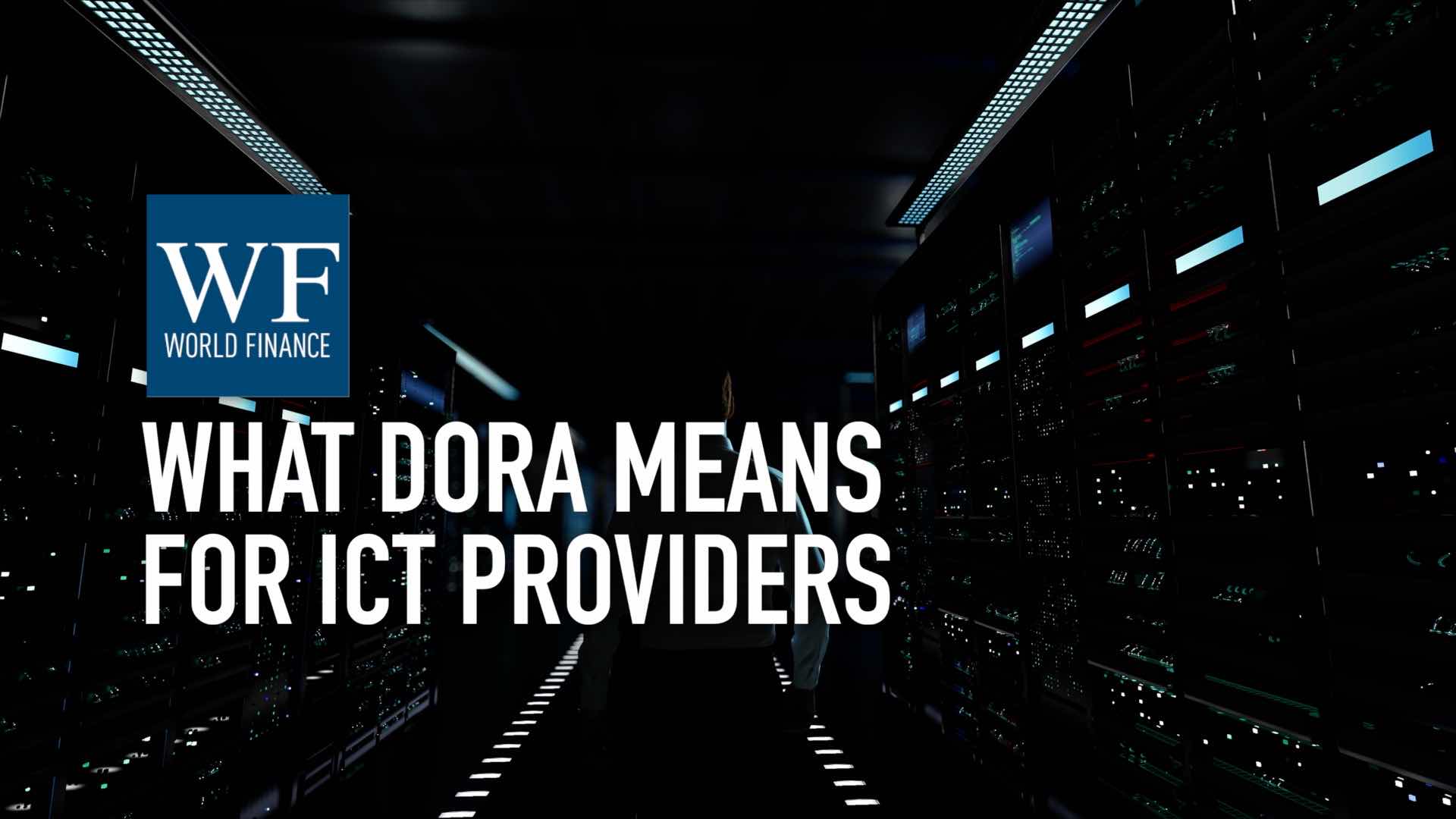Islamic finance ‘complementary’ to western equivalent, says Cass Business School expert | Video
World Finance interviews Meziane Lasfer, Professor of Finance at Cass Business School and sharia-compliance expert, to explore the merits and limitations of Islamic finance in comparison to its western equivalent
Related:
Transcript
With global assets reaching over $1.3trn, it would be hard not to recognise the success of Islamic finance. Indeed, as the repercussions of the global financial crisis rumble on, many in the western world are taking note of what sharia-compliant products and practices have been beneficial. World Finance speaks to Meziane Lasfer, Professor of Finance at Cass Business School to explore what the western world can learn from sharia-compliant finance.
World Finance: Well Meziane, it’s said that Islamic finance is free from the products and loans that triggered the financial crisis, but it hasn’t been immune. So how exposed is it to the same risks as traditional western finance?
Meziane Lasfer: Islamic finance prohibits debt, and given that the financial crisis was created by mainly debt financing, Islamic finance normally shouldn’t have any say in that.
So Islamic finance says that any investment that you are going to do, do not expect any fixed interest. It is more participation in the investment that the company is doing. So if we look at venture capitalists: venture capitalist funding is pure Islamic finance, because they give you money, they give you equity, they participate in your company, and then when your company makes profit, they get their return.
But if the company doesn’t make profit, then they take the loss. They have engaged the capital, so they’re taking the risk with you. Rather than debt, where the risk is transferred only to the company.
We need to be very careful as to how those financial products that are more conventional – in particular debt – can
be turned
World Finance: Well critics do argue that Islamic finance is just traditional western finance dressed up to look more moralistic, because at the end of the day profits end up in the same place. What’s your take on this?
Meziane Lasfer: We need to be very careful as to how those financial products that are more conventional – in particular debt – can be turned just by twisting it into an Islamic finance product.
So far example, we need to look closely at the design of sukuks. Sukuks, they say they are Islamic debt financing, but we need to really look closely at how they are structured to see if they are consistent with Islamic finance principles.
World Finance: Well the sukuk really isn’t without its controversy, because very conventional, very traditional scholars, actually don’t recognise it. So why is this?
Meziane Lasfer: Yes, we are facing a very difficult situation. In theory we have Islamic finance that tells us that we shouldn’t have financing that is based on debt. In practice it will be too constraining for companies to really make them finance-only with equity.
So you still need some debt financing, but in order to please the scholars, you need really to go probably to the extreme, to say: no interest at all. So probably issue what we might call a zero coupon bond, ie, you don’t pay interest during the life of that bond, but at the end of the bond you will pay the interest as well as repaying the principal of the bond.
But then the problem is, how do we calculate the excess that you will give on that bond? So suppose that I issue you a bond for £1,000, and then I tell you in five years time I’m going to give you £1,200. But how am I going to compute those £200 that I’m going to give you extra?
The big problem is that Islamic finance is
relatively new
Is it really interest? Is it participation? Is it the time value of money? Is it inflation? And so on.
So all those factors that contribute to this excess money that I’m going to give you are not straight forward. They are controversial. So in other words, I can understand the sharia scholars’ point. It’s just a matter of explaining to them where this money is coming from. As long as it is not fixed, as long as it is not a form of interest – a kind of ‘shadow interest’, if we can put it between quotes, then it should be fine.
World Finance: Surely Islamic finance isn’t always consistent, because it’s open to the interpretation of sharia boards?
Meziane Lasfer: The big problem is that Islamic finance is relatively new. Even in conventional finance, it’s not clear as to how should companies finance themselves, or how should banks behave, or how should derivatives be traded. So from Islamic finance that was created only recently, you would expect really lots of controversies!
And in fact as you mentioned earlier, the fact that we had this big increase in Islamic finance products, means that this development has already lots of problems were taken out from it.
World Finance: How much would you say Islamic finance is replacing traditional western finance?
Meziane Lasfer: Islamic finance is not a substitute; it is complementary.
More importantly, it offers liquidity. Liquidity is very critical in financial markets, if you don’t have enough financial securities that are trading, like equity, debt, convertibles and so on, there will be some excess in the prices, because there will be lots of demand, yet the products that you’re offering are small.
Islamic finance is not a substitute; it
is complementary
World Finance: The UK will issue a £200m sukuk, so how prominent do you see Islamic finance in the future?
Meziane Lasfer: If you have got all this money that is coming up from the government in the form of Islamic finance, I think that will be an advert for the London market, and also for the investors to say, oh yes, if the government is issuing all these sukuks, it is a product that we really need to take seriously. That we need to invest in, because it has already got the backing of the government in the UK.
World Finance: Meziane, thank you.
Meziane Lasfer: My pleasure.

 What the Digital Operational Resilience Act means for board members and CEOs
What the Digital Operational Resilience Act means for board members and CEOs What the Digital Operational Resilience Act means for third party ICT providers
What the Digital Operational Resilience Act means for third party ICT providers
